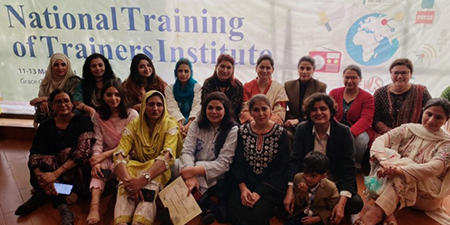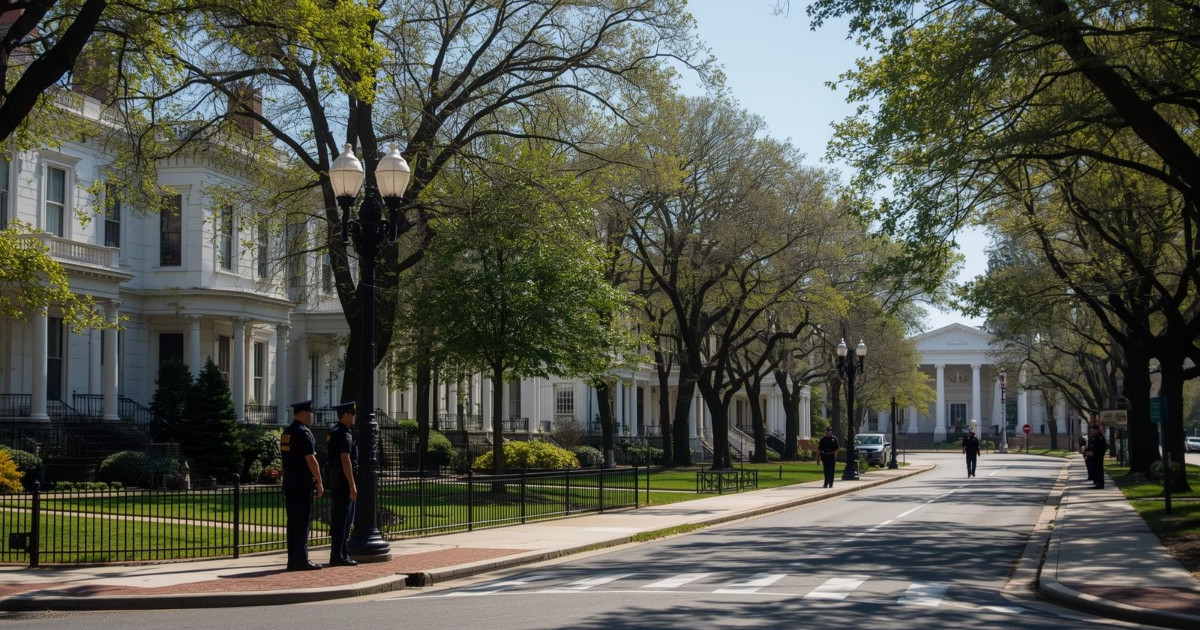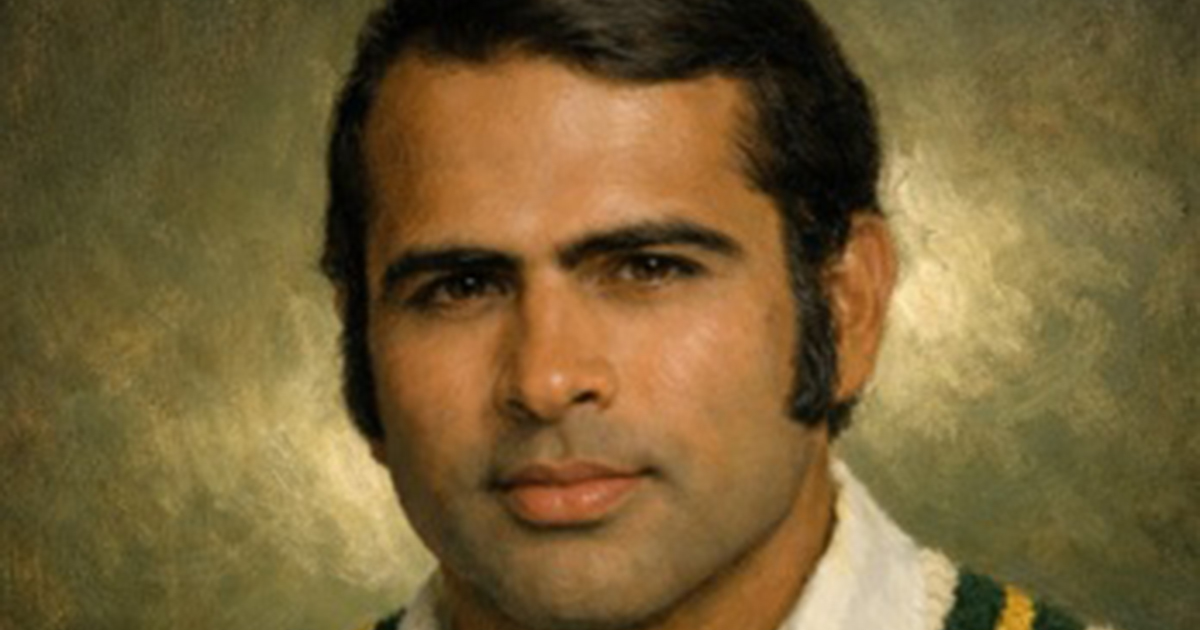Women journalists demand 33 percent representation in PFUJ and other bodies
JournalismPakistan.com | Published: 13 March 2021
Join our WhatsApp channel
Women journalists in Pakistan have called for a 33% seat allocation in the Pakistan Federal Union of Journalists and other bodies. They raised issues regarding job loss and harassment in the media sector during a training event organized by the Aurat Foundation.Summary
ISLAMABAD—Women journalists on Saturday called for allocating 33 percent seats in Pakistan Federal Union of Journalists (PFUJ) and other decision-making and representative bodies, Pakistan Press Council, and committees under the upcoming Journalists’ Protection Law.
These demands made part of the Islamabad Declaration issued after National Training of Trainers (NToT) on women leadership organized by Aurat Foundation (AF) under Women Learning Partnership (WLP). Women journalists from different parts of the country took part in the training. They also announced Women Journalists’ Association (WJA) on the occasion.
They demanded a gender audit of media organizations to assess the number of women journalists who lost their jobs during the current media crisis and the availability of basic facilities at the workplace.
They said that most women journalists had lost their jobs during the prevailing media crisis, but the damage done to them was ignored.
The journalists also suggested necessary amendments to the law to ensure 33 percent representation of women in any media organization. They suggested that no license or declaration should be issued to any newspaper or channel unless they have a minimum of 33 percent women employed as staff members.
The women also demanded a unique desk to deal with online harassment cases of women journalists in the Federal Investigation Agency Cybercrime Cell. They demanded that if any political party office-bearer or official was found involved in online harassment of women journalists, the party should condemn them.
Besides, they suggested that social media cells of all political parties be registered with the Election Commission of Pakistan and a code of conduct devised for such cells.
They also called for establishing sexual harassment complaint committees in every media house, union offices, and press clubs under the Protection against Harassment of Women at Workplace Act, 2010.
The journalists demanded transport for women media persons, strict implementation of the law on paid three-month maternity leave for women employees, and equality in pay structure, beat distribution, and exposure opportunities. They asked for insurance at par with male journalists, a 10 percent quota in working women hostels, welfare schemes, accessible healthcare for senior female journalists, and easy house and car loans.
Women journalists, active in union and club politics around the country, took part in the training. They learned about the qualities of a true leader, networking and alliance making, harassment, gender equity and equality, and the importance of speaking out.
PFUJ Secretary-General Nasir Zaidi and Naeem Mirza, Executive Director Aurat Foundation, also interacted with the participants and briefed them on women’s role in journalists’ unions and the history of feminism.
Activist Rabeea Hadi conducted the training.
KEY POINTS:
- Demand for 33% representation in PFUJ and related bodies.
- Women journalists face job losses and need workplace audits.
- Call for a desk to handle online harassment cases.
- Suggestions for strict policies on maternity leave and pay equality.
- Formation of Women Journalists' Association announced.

























